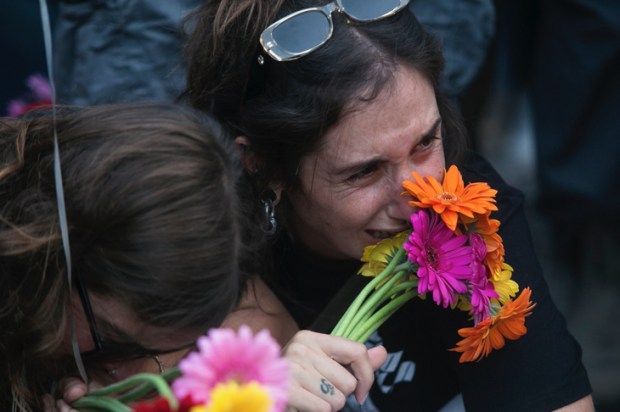Last week I wrote about the disappointing silence from the Islamic and feminist organisations about the brutal sexual violence inflicted on Israeli women in the terrorist attacks of 7 October. The silence from UN Women is even more scandalous. It diminishes the office and stains the United Nations overall. I’ve just looked at the top stories on UN Women’s home page on 25 November, the ‘International Day for the Prevention of Violence against Women’ as designated by the UN General Assembly.
Already a subscriber? Log in
Subscribe for just $2 a week
Try a month of The Spectator Australia absolutely free and without commitment. Not only that but – if you choose to continue – you’ll pay just $2 a week for your first year.
- Unlimited access to spectator.com.au and app
- The weekly edition on the Spectator Australia app
- Spectator podcasts and newsletters
- Full access to spectator.co.uk
Unlock this article
You might disagree with half of it, but you’ll enjoy reading all of it. Try your first month for free, then just $2 a week for the remainder of your first year.














Comments
Don't miss out
Join the conversation with other Spectator Australia readers. Subscribe to leave a comment.
SUBSCRIBEAlready a subscriber? Log in